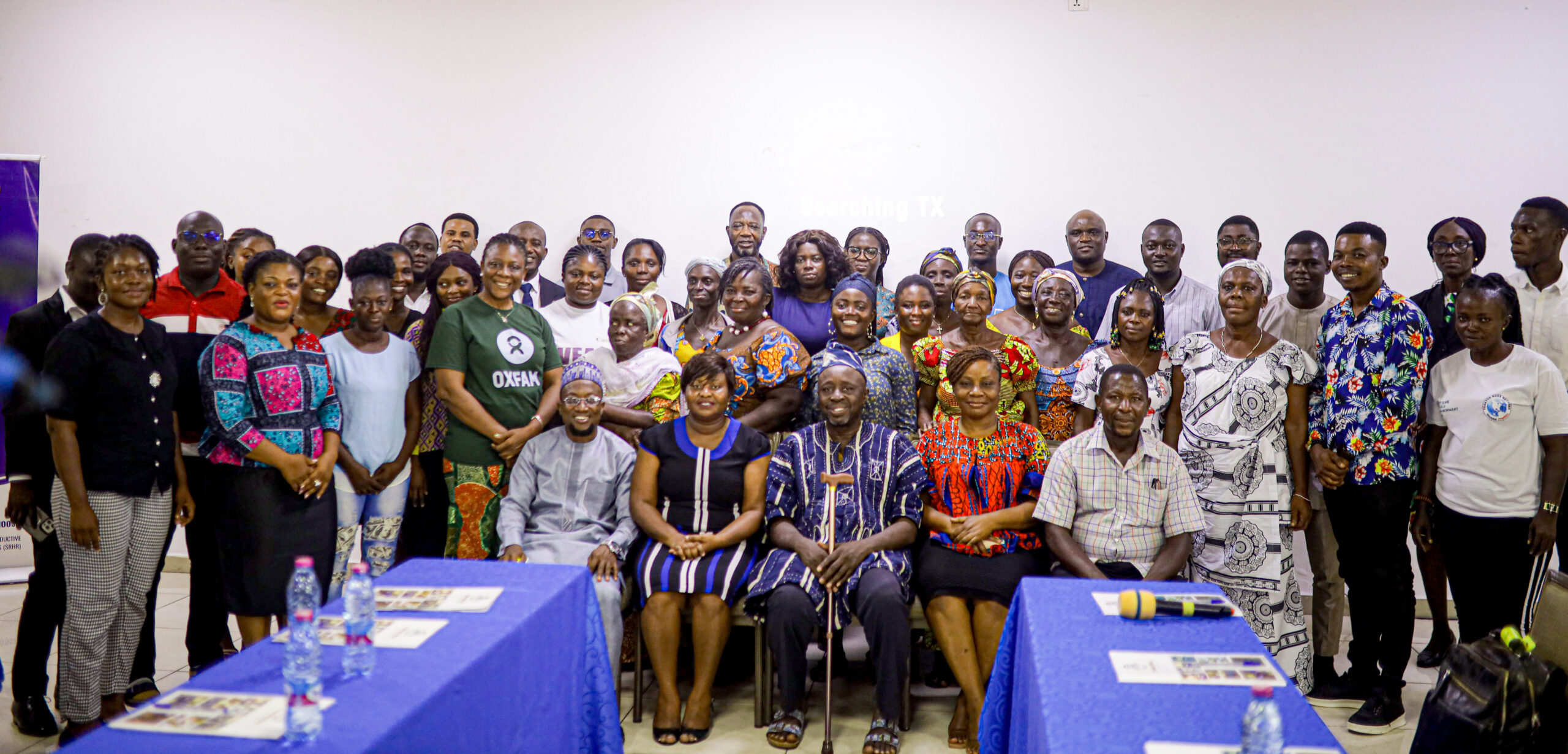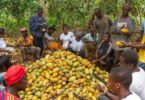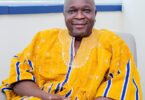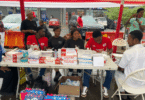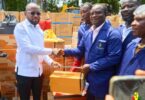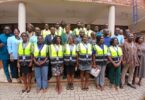Story By: Ishmael Barfi
In a significant move to advance women’s economic rights, a policy dialogue was held on Wednesday, 13th November 2024, at Tomeric Hotel, Accra. The event brought together state actors, civil society, and women farmers to address the barriers preventing women from accessing land and agricultural resources.
Research over the years has shown that while 50 to 70% of women are involved in agriculture, less than 10% have access to land. In Ghana, a farmer is defined as someone who possesses land.
This definition excludes many women who work tirelessly on farms but do not own land, thereby denying them access to agricultural opportunities provided by state policies and programs.
The project aims to empower women by educating them on their economic rights and enabling them to access productive resources such as land and agricultural inputs. One of the key goals is to support women in gaining access to justice, land, and agricultural opportunities.
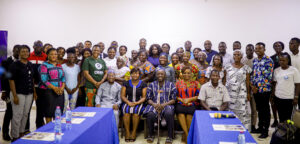
Group Picture of Participants
The project has identified several barriers, including cultural norms that prevent women from owning land and the requirement for a woman’s partner’s permission to own land.
Raphael Hokey Head of the Regional Operations Unit at the Land Commission, emphasized the importance of such programs.
According to him, Land Commission is ready to render its support and educate women on the rights available to them in owning property and to be aware of the opportunities at their disposal.
“They have the right to acquire land in their name, register titles in their name, and use their land documents for mortgages to advance their business,” he stated.
Rafael highlighted an interesting provision in the Land Act 1036, Section 47, which empowers women by requiring written permission from a spouse before any sale or transfer of jointly owned property can proceed. This provision aims to protect women from being disadvantaged in property transactions.
“We deem it a great privilege to join hands with WiLDAF and other organizations to encourage women to step forward to improve their economic rights by knowing that land is a property available to them. They have the right to register title to land in their name, empowering them economically,” Rafael added.
The WEACT project, along with the Together Against Poverty project, has been running for three to five years. These initiatives have conducted extensive research to identify barriers and share findings with stakeholders.
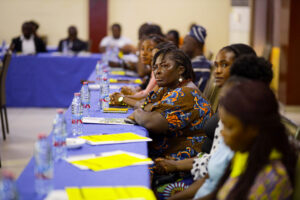
Group Picture of participants
The policy dialogue aimed to increase knowledge of key provisions within the Land Act and develop strategies to advance women’s economic rights.
Mr. Rafael Hokeyvalso mentioned that the Land Commission is putting steps in place to ensure that no property belonging to a couple can be sold without the written permission of both parties. This measure is intended to protect women from being disadvantaged in property transactions, ensuring that they have equal rights to property.
“The Land Act 1036, Section 47, provides that no kind of restricted gift empowers women in that it gives the spouse, whether a woman or a man, the right to consent to any sale or transfer of jointly owned property. This is particularly advantageous for women, as it ensures that their rights are protected in property transactions,” Rafael explained.
On her part Fati Alhassan- Oxfam in Ghana highlighted the project’s impact, stating, “The project we act on is Women’s Economic Advancement for Collective Transformation, funded by Global Affairs Canada. It works with seven partners, including WiLDAF, which supports women in the area of legal literacy.
“WiLDAF trains legal literacy volunteers in each of the 18 communities where the project operates, empowering them to act as paralegals,” she noted.
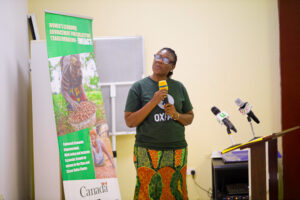
Fati Alhassan of the Oxfam in Ghana
She further revealed that, over the past four and a half years, 126 volunteers have been trained, most of whom are women, reiterating that, these volunteers have significantly reduced early-child marriages and increased school completion rates among girls.
“We are happy to report that early-child marriages have dropped radically in many communities. Parents are now more supportive of their daughters’ education, even after childbirth,” Fati noted.
The meeting concluded with key outcomes and recommendations on how to address these barriers and promote equal access to agricultural resources for women. The engagement of state actors, civil society, and women farmers is seen as a crucial step towards achieving these goals and ensuring that women in Ghana’s agricultural sector are not left behind.
Source: www.thenewindependentonline.com


